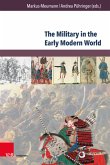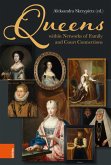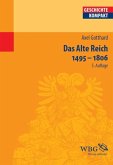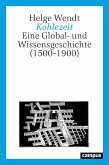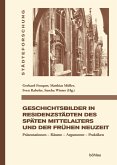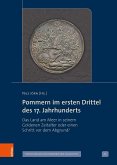In the midst of a global pandemic, the Frankfurt POLY (Polycentricity and Plurality of Premodern Christianities) Lectures on 'Pathways through Early Modern Christianities' brought together a virtual, global community of scholars and students in the Spring and Summer of 2021 to discuss the fascinating nature of early modern religious life. In this book, eleven pathbreaking scholars from the 'four corners' of the early modern world reflect on the analytical tools that structure their field and that they have developed, revised and embraced in their scholarship: from generations to tolerance, from uniformity to publicity, from accommodation to local religion, from polycentrism to connected histories, and from identity to object agency. Together, the chapters of this reference work help both students and advanced researchers alike to appreciate the extent of our current knowledge about early modern christianities in their interconnected global context-and what exciting new travels could lie ahead. Andreea Badea ist wissenschaftliche Mitarbeiterin am Lehrstuhl für Geschichte der Frühen Neuzeit an der Goethe-Universität Frankfurt am Main. Sie hat in Bayreuth Geschichte und deutsche Literaturwissenschaft studiert und arbeitete von 2013 bis 2018 am Deutschen Historischen Institut in Rom. Sie forscht zu vormoderner Wissens- und Historiographiegeschichte sowie zur Geschichte der Buchzensur und der römischen Institutionengeschichte.
Dieser Download kann aus rechtlichen Gründen nur mit Rechnungsadresse in A, B, BG, CY, CZ, D, DK, EW, E, FIN, F, GR, H, IRL, I, LT, L, LR, M, NL, PL, P, R, S, SLO, SK ausgeliefert werden.



